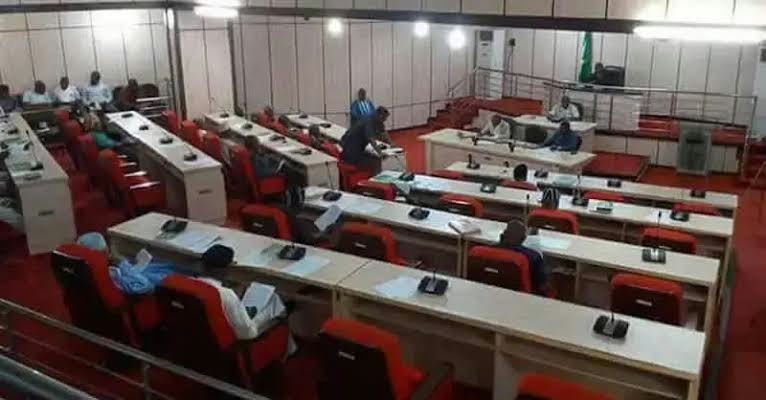Nigeria Immigration Service, NIS, has given an update on automated passport issuance, saying all applicants still need to visit its office for biometrics until March 8, 2024.
Wura-Ola Adepoju, the Comptroller-General of the Nigeria Immigration Service, disclosed this during an interview with Channels Television on Wednesday.
He noted that new and renewal applicants still have to visit its biometric office until March 2024, when it is expected to go 100 per cent contactless.
She added that the turnaround time for Nigerians to get a passport is two weeks.
“Our first-time applicants still need to go to our offices for biometrics; from March 8, 2024, everyone applying for a Nigerian passport, especially for renewal, will require a contactless application because we already have their data, so from the comfort of their homes, they can apply,” she said.
Recall that the Minister of Interior, Olubunmi Tunji-Ojo, announced the commencement of the automation of Nigerian passports on January 8, 2024.
NIS said from 8th to 21st January, it received 32,462 passport applications, with only 4 per cent queried for various reasons.











Leave a Reply